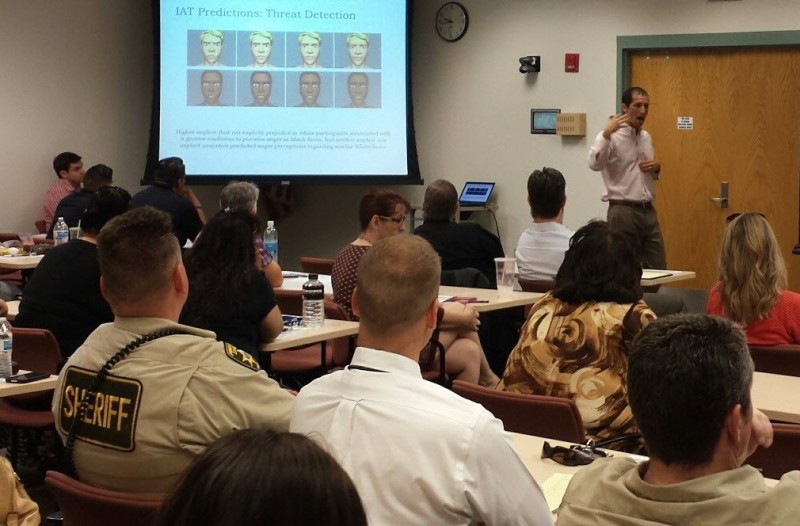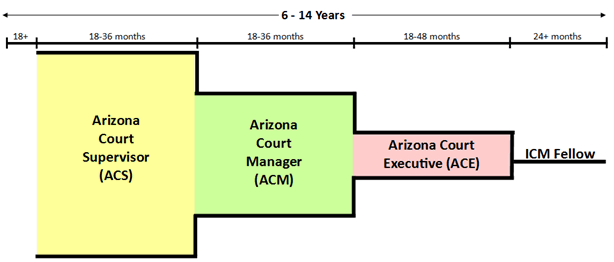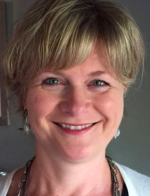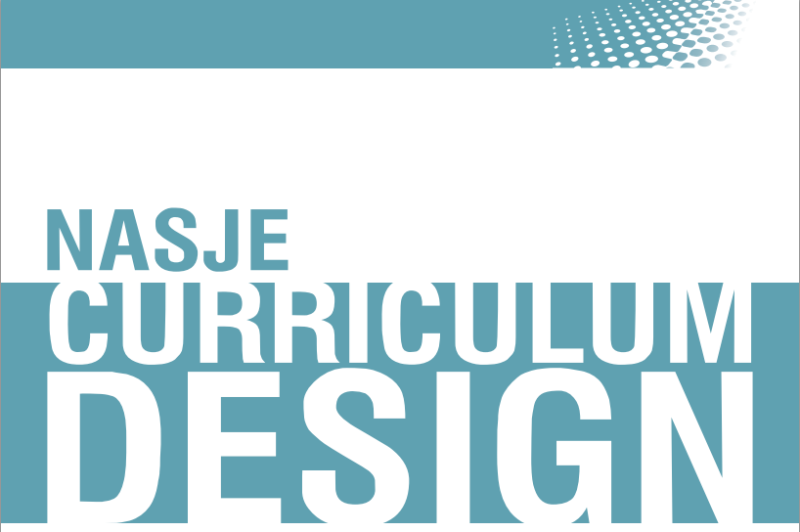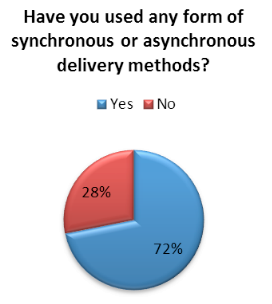Open Space: The All Coffee Break Conference
When I began working at the Federal Judicial center ten years ago, I first heard of a learning conference concept called “open space.” You may have heard of it or even used it. It seemed so odd to me! Basically, learners come together with a predetermined, overarching topic for a specific amount of time with no specific agenda topics predefined at all. Some people call this an “unconference” or “open conference.”

